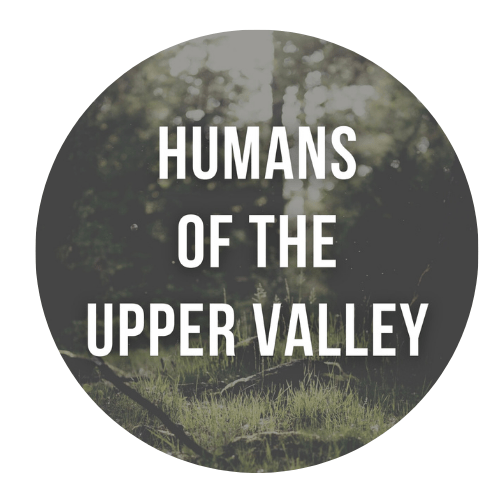“A war was breaking out in Iraq, there was this whole Malcom X thing, and Cornel West was writing Race Matters. I was trying to sort through who I was and where I belonged. When you’re 19 or 20 years old, exploring your spirituality is what you do. So, I went off to college, and I embraced Islam.
I have very distinct memories of going to my parents’ churches when I was young. My father was a very faithful person. While I was converting to Islam, he was going to seminary. He became a pastor and served different congregations for the last 20 years of his life. So, my parents were surprised when I converted. They were skeptical but supportive.
It was ok with my father that I was a Muslim, but it was hard for him when I decided to take a Muslim last name. I was not continuing on his line. In letters, he sometimes mixed up my first name and my Muslim last name. But he always gave me unconditional love. He invited me to speak in his church, which is a big deal in a Black church. He was incredibly supportive.
While my father was alive, he poured that same love into my kids. It was my father’s unconditional love that helped me give unconditional love to my children. I am so proud of them because they are confident in who they are. Having four Muslim grandchildren has also helped my mother embrace me in my faith. Religion has faded to the background next to our relationships.
After 30 years, we are still not all the way there. My family has only wished me “Ramadan Mubarak” once or twice in all those years. But there are opportunities in the little moments when I can help my family have a better sense of what it means for me to be Muslim. As the son of an interracial Christian couple, I have come to believe in radical inclusion. My lived experience allows me to embrace people – to not only invite everyone to the party, but to dance with them too. My approach to Islam is radical in that it is about unconditional love.” – Khalil Abdullah, West Lebanon, NH



